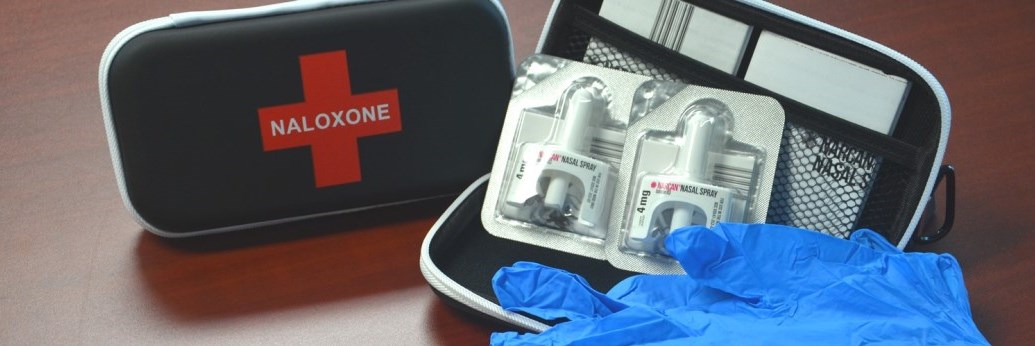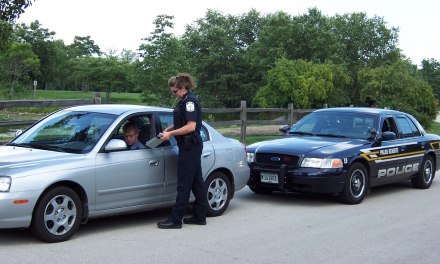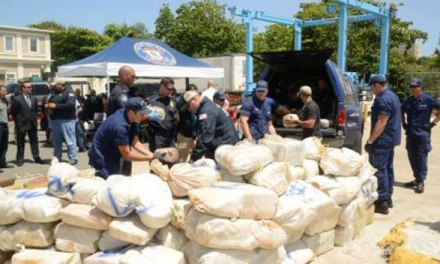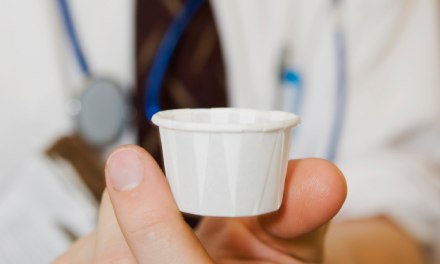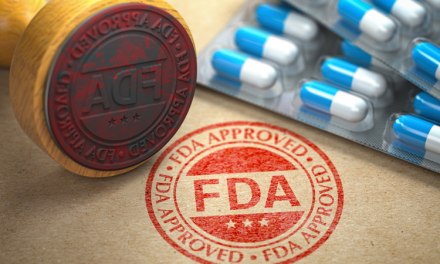The Guardian isn’t the only news 0utlet to have posed this question:
US overdose deaths decreased in 2023– will Trump continue this trend?
It’s not that easy to answer. At the moment Robert Kennedy Jr. is designated to head up the nation’s Federal health agencies, but this is early days and there are some truly volatile personalities involved. One interesting difference from his predecessors: RFK Jr. is a self-identified former heroin user. Went to treatment, claims he quit drugs entirely. Still goes to meetings.
You have to think that experience will inform his perspective, but in what way? I can’t predict. He’s well-known for holding a number of very controversial, even eccentric opinions about health and healthcare policy. We’ll have to see what emerges going forward.
The reality is that any government’s control over the course of a large-scale drug epidemic is limited. There are a host of factors to consider, not least of which is the role of other nations in trafficking. And of course, if the US ever did succeed in completely shutting out foreign sources of illicit substances, there’s no reason to think new sources wouldn’t pop up, inside our own borders. This is a big country, with plenty of places to hide things.
And after all, strong demand already exists. Where there’s demand, supply is prone to follow.
America has been dealing with the current overdose epidemic for about three decades now. The problem has changed in many ways from its beginnings: the challenges faced by the Bush and Obama administrations are substantially different from what Biden and now Trump have to deal with.
We also have far more practical experience to call on than past administrations did.
Very recently, the curve of overdoses, including fatalities, has sloped downward. It’s the first real decline we’ve seen in a long time. It can reasonably be attributed to a combination of factors, to include our vast efforts at prevention, as well as growing public awareness of the risks involved in today’s more powerful synthetic drugs.
Still, like a virus, our adversary seems to adapt to our efforts to suppress it.
One question concerns the respective future roles for law enforcement, prevention, and treatment, and the priorities we will place on each. In the early days of the cocaine epidemic, law enforcement and prevention got the lion’s share of attention, while treatment went largely ignored. I think the public realizes now how shortsighted that was.
I doubt that it’s possible for us to ignore or dismiss any single part of the equation. All are necessary.
About treatment: we’re at a point now where we have a pretty good idea of what will work (and what probably won’t work) for most people in need. The information is out there for the taking. It’s not complete, of course, but can provide us with a set of guidelines
The question remains as to whether we’re paying attention.

